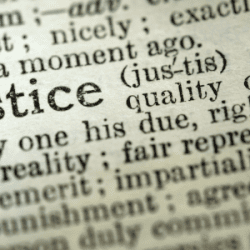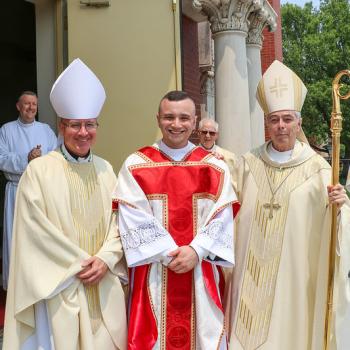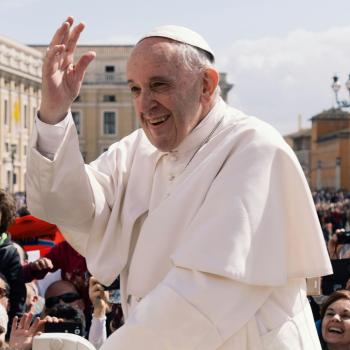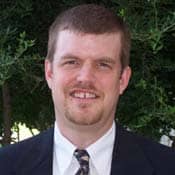Governor Rick Perry of Texas has called the nation's governors to participate in "The Response," which his office calls "a non-denominational, apolitical, Christian prayer meeting," scheduled for August 6 in Houston's Reliant Stadium. As I wrote recently for USA Today, the fact that Governor Perry is contemplating a run for the presidency inevitably makes this event political. I do not question Perry's sincerity as a praying Christian, but the event is a transparent effort to appeal to the evangelical base of the Republican Party.
Perry's announcement of the meeting was followed by the predictable news that secularists at the Freedom from Religion Foundation have sued him, trying to have a federal court forbid the rally as a violation of the First Amendment's ban on an establishment of religion. The court in Houston, thankfully, dismissed the case. The extremism of groups such as the Freedom from Religion Foundation, reflected in these sorts of never-ending lawsuits, makes it difficult to have a rational discussion about the prudence of events such as The Response.
Perry is justified, both legally and historically, in holding The Response. The framers of the First Amendment could never have fathomed the secularists' notion that preventing the "establishment of religion" means precluding any presence of faith in American public life. To the Founders, the "establishment of religion" meant the formation of an official state denomination, which most of the colonies had. Thomas Jefferson and James Madison, with the avid support of evangelical dissenters, contended that the government should stop promoting one denomination over others.
An establishment of a state religion led inevitably to persecution, a reality experienced by many evangelicals in the decades preceding the Revolution. Jefferson, Madison, and their evangelical allies predicted that once the government ceased officially supporting churches and pastors, religion would thrive on a voluntary basis. They were right. The seventy years between the adoption of the First Amendment and the Civil War saw the coming of the Second Great Awakening, the preeminent era of Christian growth in American history.
Since World War II, courts have adopted a more expansive definition of an establishment of religion, suggesting that the government should show no favoritism to any religion, not just to any Christian denomination. This has resulted in bans on Bible reading and prayer in schools, and endless legal challenges to the presence of crosses and manger scenes on public property. Currently, the general but contested legal rule is that government can allow official religious observances and symbols, as long as they are non-sectarian, pluralistic, and historically appropriate.
But secularist groups like the Freedom from Religion Foundation would expand the definition of "establishment" even further, in order to rid the American public sphere of religion altogether. Extreme church-state separationists would take "under God" out of the Pledge of Allegiance, remove "In God We Trust" from the currency, and force elected officials to stop uttering God's name. (In 2009, Barack Obama was sued by secularists to prevent him from saying "so help me God" as part of his presidential oath of office. The lawsuit failed.) To these groups, religion per se has to be eliminated from public view. They know that they cannot get their way through normal legislative or elective channels, so they have adopted a litigation strategy as the only hope for their agenda.
Perry, of course, could not justify using public funds or a government venue to host the prayer meeting, especially if he insists on making it exclusively Christian. (Although Thomas Jefferson routinely attended Christian services in government buildings as president, such meetings are inevitably sectarian in today's more diverse religious climate.) But otherwise, he is free to hold the assembly and to restrict it to Christians only. Becoming a public official does not strip Perry of his right to "free exercise" of religion—which is the "other" religion clause in the First Amendment that secularists might wish to forget.
But the secularists' incessant lawsuits over constitutionality keep evangelicals and other Christians from having a sober discussion about what kind of religious events are appropriate (and not merely legal) for elected officials. While I would staunchly defend Perry's right to hold "The Response," whether he should is another question. Do Christians really want prayer meetings to be campaign events? Is it possible to separate the piety of "The Response" from Republican primary politics? These are important questions, but they're obscured by those who will keep suing until every vestige of religion vanishes from American civil society.
8/3/2011 4:00:00 AM





